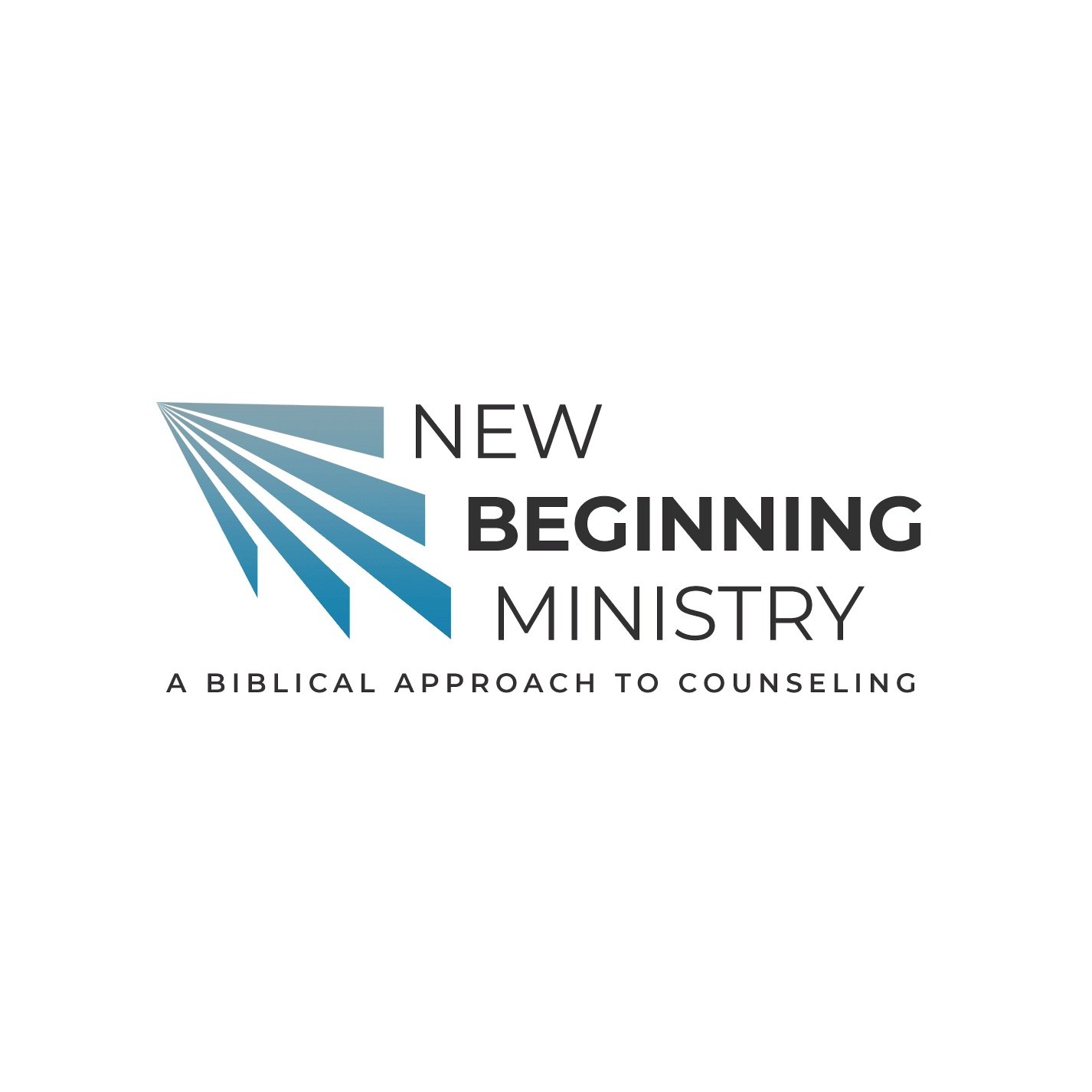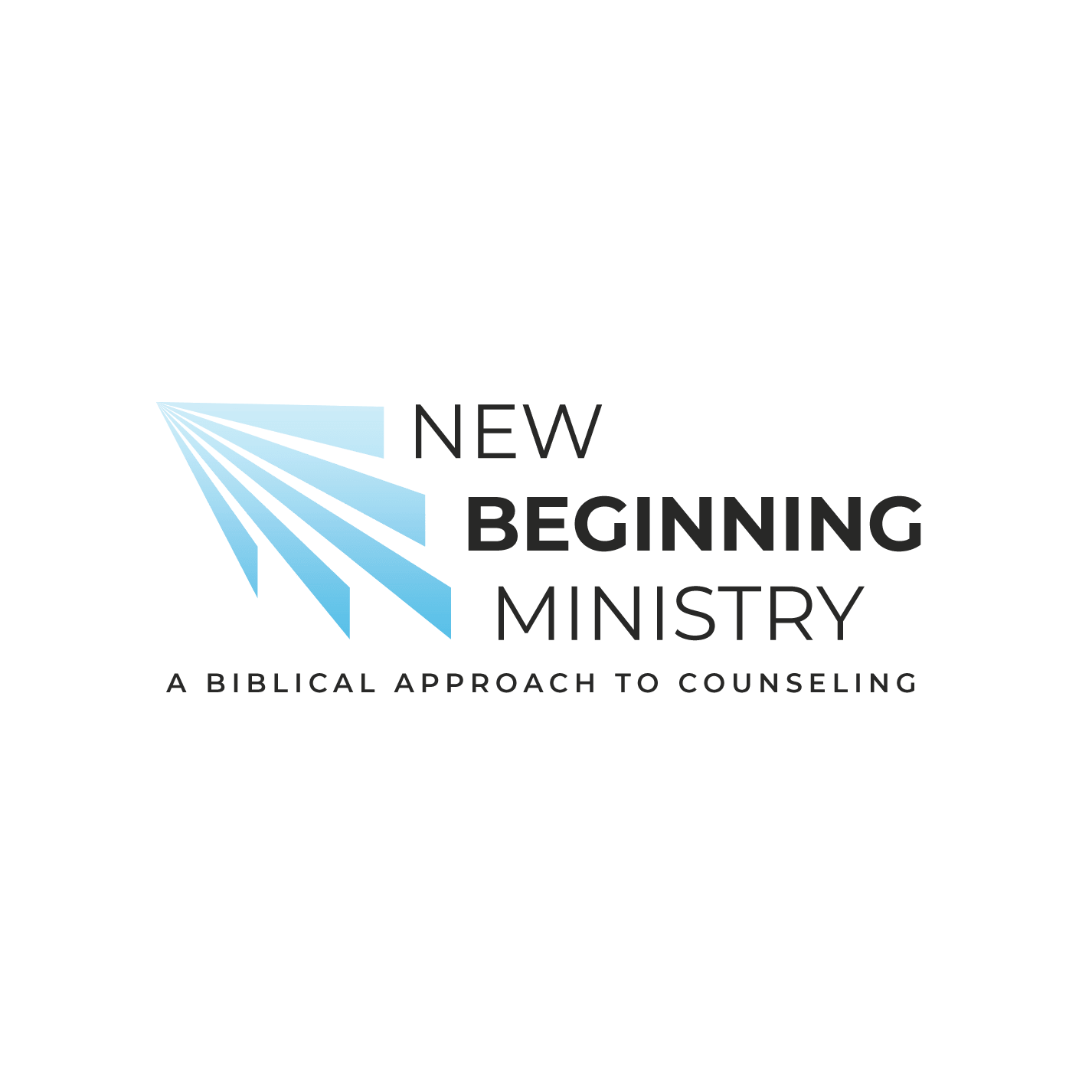Healing Through Scripture: How the Bible Offers Hope for Overcoming Past Traumas
Healing Through Scripture: How the Bible Offers Hope for Overcoming Past Traumas
In a world where the weight of past traumas can often feel overwhelming, many seekers find solace in the timeless wisdom of the Bible. Its pages are filled with stories of struggle, resilience, and divine love, offering a beacon of hope for those navigating the tumultuous waters of emotional pain. Scripture presents not just historical accounts, but powerful narratives that reflect the very essence of human suffering, reminding us that we are not alone in our struggles. Each verse resonates with the promise of healing, urging us to confront our wounds with courage and faith. In this blog post, we will explore how the teachings of the Bible can guide us on a transformative journey toward healing, providing comfort and strength as we learn to overcome our past traumas and embrace a future filled with hope and purpose.
Understanding Trauma through a Biblical Lens
Understanding trauma through a biblical lens offers a profound perspective on healing and restoration, emphasizing both the gravity of pain and the promise of hope. The Bible acknowledges the reality of suffering and trauma, with numerous passages that address human anguish, despair, and the search for peace, healing and comfort. Figures like Job, who endured unimaginable loss and suffering, exemplify the struggle with trauma and the quest for understanding in the midst of pain. His story reminds us that it is okay to question, to grieve, and to seek answers, inviting us into a deeper exploration of God’s presence in our darkest moments.
Scripture provides various narratives that resonate with our own experiences of trauma, illustrating that we are not alone in our struggles. For instance, the Psalms are filled with raw expressions of sorrow, fear, and longing, providing a sanctuary for anyone grappling with similar emotions. Verses such as Psalm 34:18, which reminds us that "The Lord is close to the brokenhearted and saves those who are crushed in spirit," affirm God’s unwavering support in times of distress.
In addition to acknowledging trauma, the Bible also offers pathways to healing. It speaks of redemption, restoration, and the possibility of new beginnings. Verses like 2 Corinthians 5:17, "Therefore, if anyone is in Christ, the new creation has come: The old has gone, the new is here!" illuminate the transformative power of faith, encouraging individuals to embrace the hope of renewal despite their past.
Moving through trauma is not a linear journey, and the Bible recognizes the complexity of emotions that accompany it. It encourages believers to engage in communal support, prayer, and reflection, as seen throughout the New Testament in the teachings of Jesus and the early church. This communal aspect emphasizes that we are part of something greater, fostering connections that can lead to healing.
Ultimately, understanding trauma through a biblical lens invites individuals to confront their pain while simultaneously embracing the hope found in God’s promises. It encourages a holistic approach to healing—one that honors the past but looks forward to a future filled with possibility, grace, and divine love. Through Scripture, we find not only an acknowledgment of our struggles but also a roadmap that leads to healing, resilience, and a renewed sense of purpose.
Key Scriptures for Healing and Hope
When navigating the tumultuous waters of past traumas, the Bible serves as a profound source of healing and hope. Its verses offer not just comfort, but also a powerful reminder of God's unwavering love and the promise of restoration. Here are some key scriptures that can guide you on your journey toward emotional and spiritual recovery.
First, **Psalm 147:3** reassures us, "He heals the brokenhearted and binds up their wounds." This verse encapsulates the essence of divine healing, emphasizing that God is intimately aware of our pain and eager to mend our hearts. Reflecting on this scripture can remind you that your wounds are not forgotten; they are held in the compassionate hands of a loving Creator.
Another powerful passage is **Isaiah 41:10**, which states, "So do not fear, for I am with you; do not be dismayed, for I am your God. I will strengthen you and help you; I will uphold you with my righteous right hand." This verse serves as a beacon of courage, encouraging us to face our fears and traumas with the assurance that we are never alone. God's presence is a source of strength and comfort, reminding us that we can rise above our struggles.
**2 Corinthians 1:3-4** further emphasizes the importance of comfort in our healing journey: "Praise be to the God and Father of our Lord Jesus Christ, the Father of compassion and the God of all comfort, who comforts us in all our troubles." This scripture not only highlights God's role as the ultimate comforter but also inspires us to extend that comfort to others, fostering a sense of community and support in our healing process.
Finally, **Romans 8:28** offers a powerful promise: "And we know that in all things God works for the good of those who love him, who have been called according to his purpose." This verse encourages us to trust in God's sovereignty, even in the midst of hardship. It reminds us that our past traumas can contribute to a greater purpose, ultimately leading to growth and healing.
As you meditate on these scriptures, allow their truths to sink deeply into your heart. They are not merely words on a page but life-giving promises that can guide you toward healing and hope, transforming your understanding of past traumas into a narrative of resilience and divine restoration.
Personal Stories of Transformation
In the journey of healing through scripture, personal stories of transformation resonate deeply, offering profound insights into how the Bible serves as a beacon of hope for those grappling with past traumas. One such story is that of Sarah, a young woman who faced the aftermath of a traumatic childhood. After years of feeling trapped in her pain, she discovered solace in the verses of Psalm 147:3, which states, “He heals the brokenhearted and binds up their wounds.” This scripture became her lifeline. As she immersed herself in the Word, she found not only comfort but a renewed sense of purpose. Each verse she memorized became a stepping stone toward reclaiming her identity and power.
Similarly, John, a military veteran, struggled with the haunting memories of war that left him feeling isolated and hopeless. In search of peace, he turned to the Proverbs, finding wisdom in Proverbs 3:5-6, which encourages trust in the Lord. Through prayer and meditation on these passages, John experienced a profound shift. He began to see that his experiences, while painful, did not define him; instead, they became a part of his testimony of resilience.
Proverbs 3:5-6 “Trust in the LORD with all your heart and lean not on your own understanding; in all your ways submit to him, and he will make your paths straight.”
These stories illustrate that the Bible does more than merely provide comfort; it equips individuals with the strength to confront their pasts, paving the way for healing and transformation. By sharing their journeys, Sarah and John remind us that hope is accessible through scripture, urging others to seek solace and strength in the promises of God. Their transformations serve as powerful testaments to the idea that, with faith and perseverance, it is possible to move beyond trauma and embrace a brighter, hopeful future.
Practical Steps to Apply Scripture in Healing
Applying scripture to your healing journey can be a transformative process, offering comfort and guidance as you navigate the complexities of past traumas. Here are some practical steps to effectively integrate biblical teachings into your healing practice:
1. **Daily Reflection**: Set aside dedicated time each day to read and reflect on passages that resonate with your experiences. Verses such as Psalm 34:18, which reminds us that "The Lord is close to the brokenhearted," can provide reassurance and a sense of companionship in your struggles. Journaling your thoughts and emotions as you meditate on these scriptures can help deepen your understanding and connection to the text.
2. **Memorization of Key Verses**: Choose a few powerful verses that speak to your healing process and commit them to memory. By internalizing these words, you can draw on them during moments of distress or doubt. Carrying a small notecard with these scriptures in your pocket or displaying them around your living space can serve as constant reminders of hope and strength.
3. **Prayerful Engagement**: Incorporate prayer into your reading of scripture. Approach God with your wounds, asking for healing and clarity as you seek guidance through His word. Praying with specific passages in mind can help you articulate your feelings while inviting divine intervention into your healing journey.
4. **Community Support**: Share your favorite scriptures with trusted friends or support groups who understand your journey. Discussing the profound messages found in the Bible with others can foster a sense of community and encourage accountability. Engaging in group studies or prayer meetings centered around healing scriptures can amplify your strength and resolve.
5. **Creative Expression**: Find ways to express the scriptures that resonate with you through art, music, or writing. Creating visual reminders of healing scriptures, such as paintings or framed quotes, can offer a daily source of inspiration. Alternatively, consider writing poetry or songs that incorporate these verses, allowing you to explore your emotions more deeply.
6. **Seek Professional Guidance**: If your trauma feels overwhelming, consider seeking help from a counselor or therapist who is open to discussing spiritual aspects of healing. A professional can help bridge the gap between therapeutic techniques and scriptural insights, guiding you to find peace and restoration in your journey.
By deliberately incorporating these practical steps into your life, you can harness the transformative power of scripture, allowing it to guide you toward healing and renewal. Each verse you embrace becomes a stepping stone on your path to reclaiming hope, ultimately leading you toward a future that is free from the shadows of the past.

